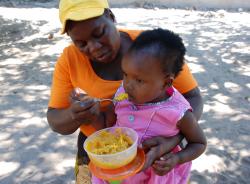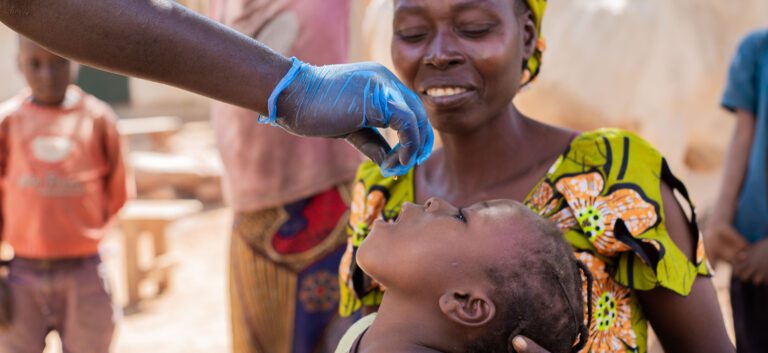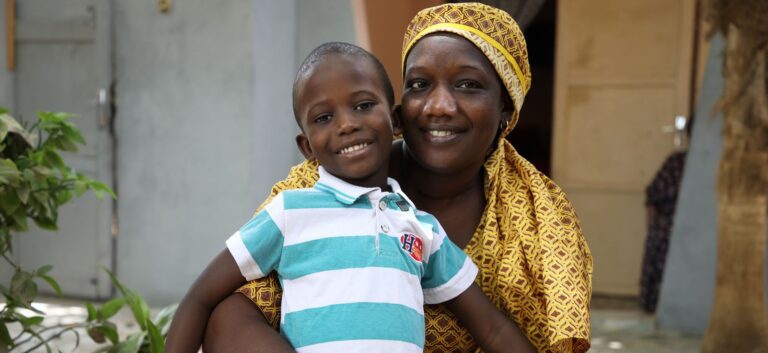Empowering Mothers in Mozambique in the Fight Against Malnutrition
It is early morning on what will be most likely a very hot day. We are sitting under a tree in up-country Mozambique, just outside a small town of Chuita, in Tete Province.
I am watching as mothers gather together, having been called to this location by a community health worker. These mothers are not any different from other mothers in the community; they struggle each day to find enough water and food for their children, to keep them healthy and in school. But they do differ as a group from other mothers in the community because they have been all trained in healthy habits for infant and young child feeding. These women are referred to as Lead Mothers. There are ten in this group and each one carries the responsibility of working with ten families in the community. As a group they share their knowledge with 100 other mothers in the community.
I have come to appreciate mothers like these as the real agents of change in developing countries. They make change happen in their communities — in health, nutrition and agriculture — they are quite amazing.
Helen Keller International has been working with these mothers for over two years now and they have become quite good at their job. They build a fire and begin to cook a porridge adding different nutritious ingredients. They explain that they do these cooking demonstrations for mothers to show them how to prepare nutritious and healthy foods for their children and themselves, and how this can make them healthy and stay healthy. Of course all this takes place around the steady sound of songs sung in unison. I taste the porridge and find it actually quite tasty – they smile and laugh and are delighted. Each month, this group of Lead Mothers comes together under this same tree to talk about how their work is going. They are all volunteers and do not get any pay for their efforts, other than the satisfaction of helping others. While being a volunteer puts forth a particular image for Westerners, in Africa these women must travel miles to get water every day, spend time in the fields tending to the crops, provide meals to their children over open fires and gather fire wood. Working in the time to visit other families is a big challenge and a big commitment. I find this very remarkable.
I have been visiting women’s groups like these around the world for over 20 years as part of my job as a community development worker. I have come to appreciate mothers like these as the real agents of change in developing countries. They make change happen in their communities — in health, nutrition and agriculture — they are quite amazing.

Knowing just how powerful these women are, Helen Keller International began to introduce a new crop to the community through these women — an orange fleshed sweet potato rich in vitamin A, an important nutrient for child growth and health.
It was not difficult to convince the lead mothers of the nutritional benefits of the sweet potato, and they eagerly accepted the vine cuttings and offered to grow the potato in their home gardens. Within a very short period of time, the community became increasingly more aware of this new crop as an important healthy food. More and more mothers started to ask for the vines.
Faced with a serious supply problem, especially during the dry months, the Lead Mothers went to the village leader and ask for him to provide some land near the village borehole to ensure that a stock of vines could be cultivated year round. I am told that this was less a discussion and more a demand, for even village chiefs recognize the power behind a group of determined mothers.
Today in the villages around Chuita, one can see this orange fleshed sweet potato in the markets, the women selling the roots market the potato as a healthy food, and they are getting good money for the product. What one also sees are children and infants walking around with a sweet potato in hand — it is a great hit with the kids, and good for them as well. Yet again I am witness to how powerful these women can be in changing the lives in their communities.



